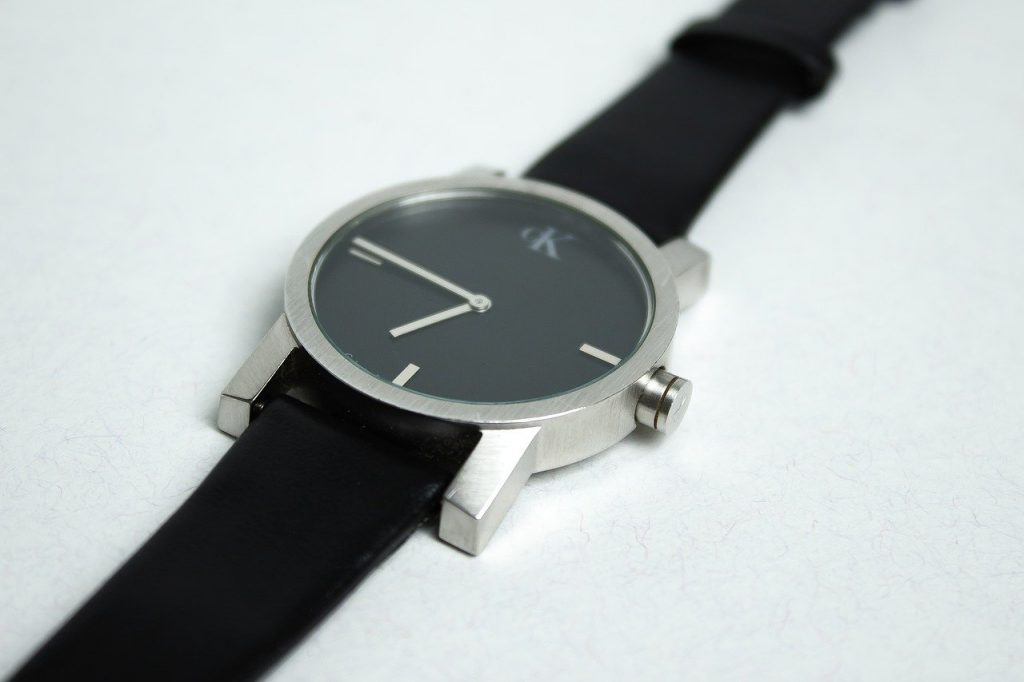Most people do not give much thought about the machine that runs a watch. It is common for people to buy a watch, say a Rolex, because it is trendy, and it complements your fashion. But if you need a watch that you can pass down your generation, you need to consider the engine in the watch, in the cases of watches, the movement. Watches have a mechanical, automatic, or quartz movement. In this article, we compare the automatic and the mechanical watch movements.
The Mechanical Movement
Mechanical watches have hundreds of small components that work in harmony to show time. These are hand-wound timepieces that are mostly designed in-house by Swiss manufacturers. A mechanical watch can sell for hundreds of thousands of dollars, but you can pass it down your generations.
Although there are luxury brands, some companies that produce the mechanical components in masses have come up. These watches do not use a computer powered by a battery. You only need to maintain the movement, and you may never need to replace it. The battery-dependent watches will go on a fritz and require you to repair it. If you are a collector, a mechanical watch is a good option for you.
Automatic Movement
Automatic watches, like a Ferrari watch, are advanced mechanical watches. Unlike the mechanical watches that you have to wind every day, the automatic watch winds itself as long as you have it on your wrist. They feature a weighted rotor located off the center that spins to keep your watch wound at all times. The movements are the same. However, you do not have to keep setting the watch over and over again.
When you are not wearing your watch, you can put it in a watch winder, which is a case that keeps the watch in motion all the time. Better still, most modern automatic watches have a power reserve that allows you to remove them from your wrist for about 72 hours. If you have other watches, you can wear them in between.
Automatic watches vary greatly. Watches made in-house can cost hundreds of thousands of dollars while simple mass-produced timepieces are affordable to many people. Manufacturers add features such as a date window while others use luxury materials to make the watches, and this drives up the cost. The Swiss watchmaker, Vacheron Constantin, has an automatic watch with 2,826 moving parts with 31 hands on the dial. This watch will cost a small fortune, and it is the gold of timepieces.
Which Watch Is Right for You?
The only challenge with a mechanical watch is that you have to keep winding it. With an automatic watch, you only need to have it on your wrist and you are all set. Both watches can be made in-house and cost a fortune or mass produced and be affordable. Pick one based on your preferences.
